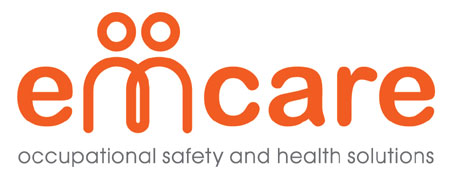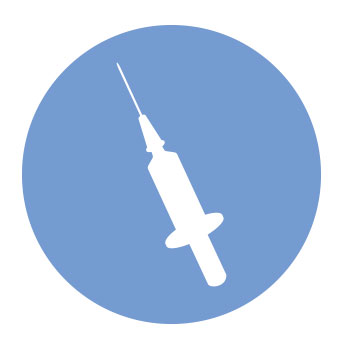Polio
Polio is a viral infection that can cause paralysis and death. There are two types of this virus: wild poliovirus (WPV), which is the most commonly known form, and circulating vaccine-derived poliovirus (cVDPV), which is a rare form that has mutated from the weakened virus contained in the oral polio vaccine (OPV). The other form of polio vaccine—the inactivated polio vaccine (IPV)—cannot cause cVDPV.1
While worldwide efforts to eradicate polio have been largely successful,2 the virus is still found in certain countries and in under-immunised populations.3 The World Health Organisation’s (WHO) Emergency Committee (EC) under the International Health Regulations (IHR) 2005 met for the 35th time on 3 May 2023 to review data on polio and the progress made toward its eradication. The EC unanimously agreed that the risk of international spread of poliovirus is still a Public Health Emergency of International Concern (PHEIC). One factor cited was the long distance spread by air travel of cVDPV between Israel, the United Kingdom, the USA, and Canada.4
The virus is usually transmitted through contact with infected human faeces, primarily through contaminated food or water, but it also can be spread through an infected person’s coughs or sneezes.5 To avoid this virus, travellers from the UK should
- Review their polio vaccination status. Although they should have received a course of the vaccine during childhood, they can still be vaccinated at any age for free on the NHS. The UK government offers guidance to those with uncertain or incomplete immunization status.
- Follow the UK government’s foreign travel advice.
- Check the National Travel Health Network and Centre’s (NaTHNaC) country-specific information for polio vaccination recommendations and requirements for an International Certificate of Vaccination or Prophylaxis (ICVP).
- Refer to the NATHNaC’s Outbreak Surveillance section to search for the latest outbreaks of polio.
- Observe strict measures of food and water hygiene, as well as personal hygiene. Remember to wash your hands or use hand sanitizer throughout the day.
- Visit your health care professional prior to your trip to determine if other measures should be taken given your health and destination. Such measures may include vaccination with IPV for certain immunosuppressed individuals and for those traveling to places with extremely poor hygiene. Anyone who hasn’t had a vaccination within the 12 months prior to traveling may be advised to have a booster dose of a polio-containing vaccine if the trip will last for 4 weeks or more. Travellers should also be sure to take on their trip an ICVP on which all vaccinations are recorded.6
Emcare’s Travel Clinic can help travellers prepare for trips to countries or areas where polio is still a concern. Visit our website at https://emcaretravelclinic.co.uk/ or call us: 0141 404 0075.
Sources:
1https://polioeradication.org/wp-content/uploads/2018/07/GPEI-cVDPV-Fact-Sheet-20191115.pdf
2https://www.who.int/news-room/fact-sheets/detail/poliomyelitis
3As an example of polio in under-immunised populations, in 2022 a type of polio was found to have persisted in London sewers for more than 60 days. While it is common to find isolated incidences of this virus in the sewers, the fact that it continued to be found for so long led to concern. This concern was exacerbated by the fact that vaccine coverage for childhood vaccines had decreased in the UK, especially in parts of London. As a result, the UK Health Security Agency (UKHSA) urged people to check their polio vaccination status. In addition, the Joint Committee on Vaccination and Immunisation (JCVI) advised that a polio vaccine booster dose should be offered to all children between the ages of 1 and 9 in all London boroughs. See https://www.gov.uk/government/publications/vaccination-strategy-for-ongoing-polio-incident-jcvi-statement/joint-committee-on-vaccination-and-immunisation-statement-on-vaccination-strategy-for-the-ongoing-polio-incident
4https://www.who.int/news/item/12-05-2023-statement-of-the-thirty-fifth-polio-ihr-emergency-committee
5https://travelhealthpro.org.uk/news/713/polio-public-health-emergency-of-international-concern
6https://travelhealthpro.org.uk/news/711/polio-vaccination-recommendations-update



